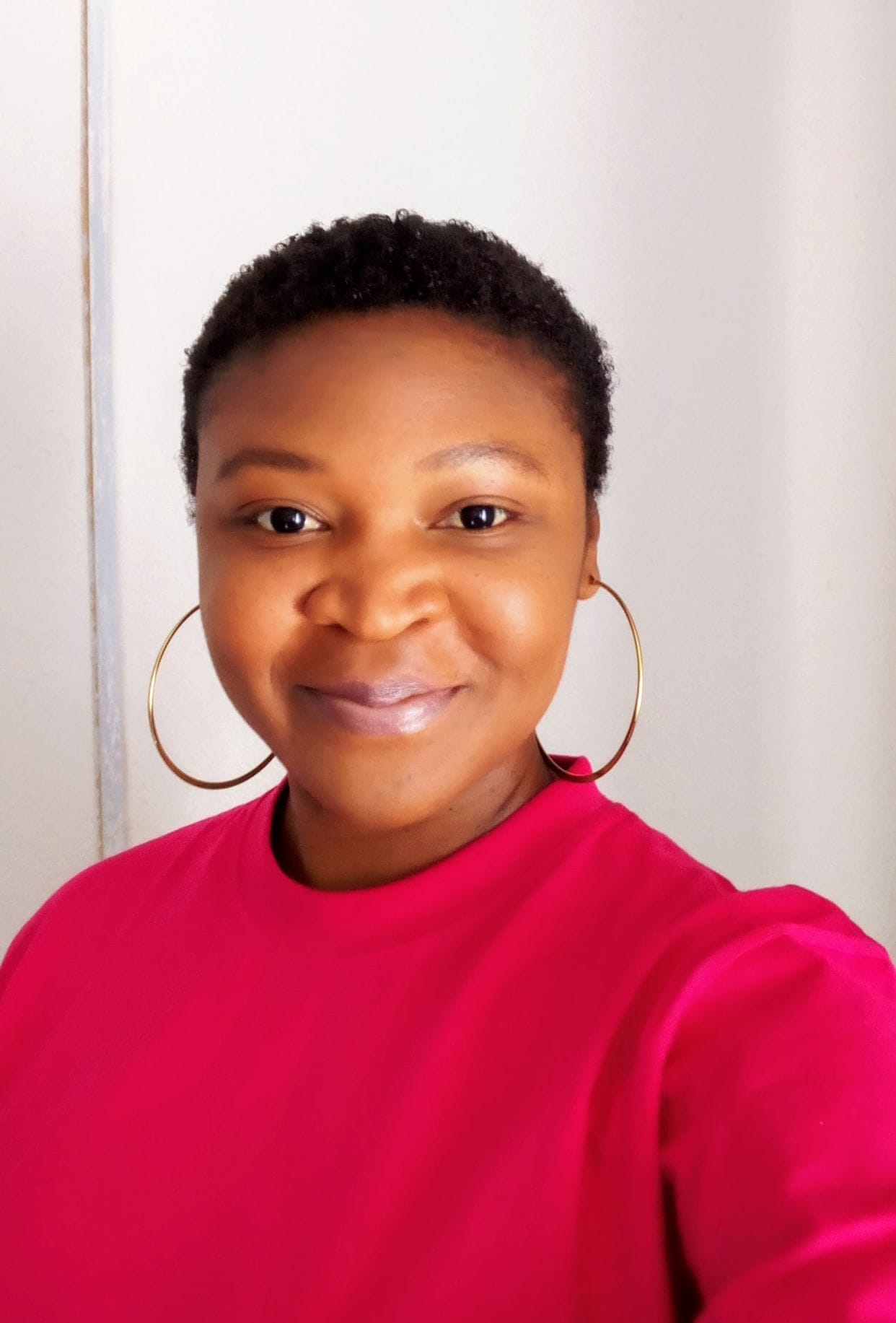Humble beginnings: From “what is a pivot table?” To “oh, I see trends everywhere if I look close enough” – Onyoche Raybeckah Abah
When I first stepped into the world of data analysis, I thought it would be all neat graphs and “Aha!” moments. Spoiler alert: it wasn’t. My first challenge? Understanding that Excel formulas are not mind readers. You must tell them exactly what to do, or they’ll give you an error that feels personal; oh it hurts a lot when everything I know fails.
Then came Power BI, SQL, and all those fancy dashboards. At first, they looked like spaceship controls. And I love to be in control of everything around me. I’d click one wrong thing, and my entire chart would disappear. Data cleaning? Oh, that’s just the glamorous job of removing 27 different spellings of “Nigeria” from one column.
The truth is, starting data analysis is both exciting and intimidating. You will Google things you never thought you’d Google, like “Why won’t VLOOKUP just work??” or “How to undo in SQL without crying.” or ” if I can’t handle data does it mean I’m dumb?” You’ll stare at datasets so big, you wonder if you accidentally downloaded the entire internet.
I have held back tears and scream out in joy on so many a lonely night. I have learnt patience and I have given up and asked for help for times than I can count on my fingers.
But here’s the good part — every little breakthrough feels like magic. The first time I connected data from two tables successfully, I felt like a hacker in a movie (think of the black hoodie and dramatic lighting). And slowly, the confusion turns into curiosity, the frustration into problem solving, and the fear into confidence.
I’ve learned that being a data analyst is less about knowing everything and more about loving the process of figuring things out. Every cleaned dataset, every insight, and every well designed dashboard was first a jumble of numbers and words before they became this small victory in clean sheets.
The road is challenging, yes, but it’s also full of promise. Somewhere in the future, I see myself telling stories with data that help people make better decisions. And maybe just maybe I’ll laugh at all the times I thought Excel was out to get me.

